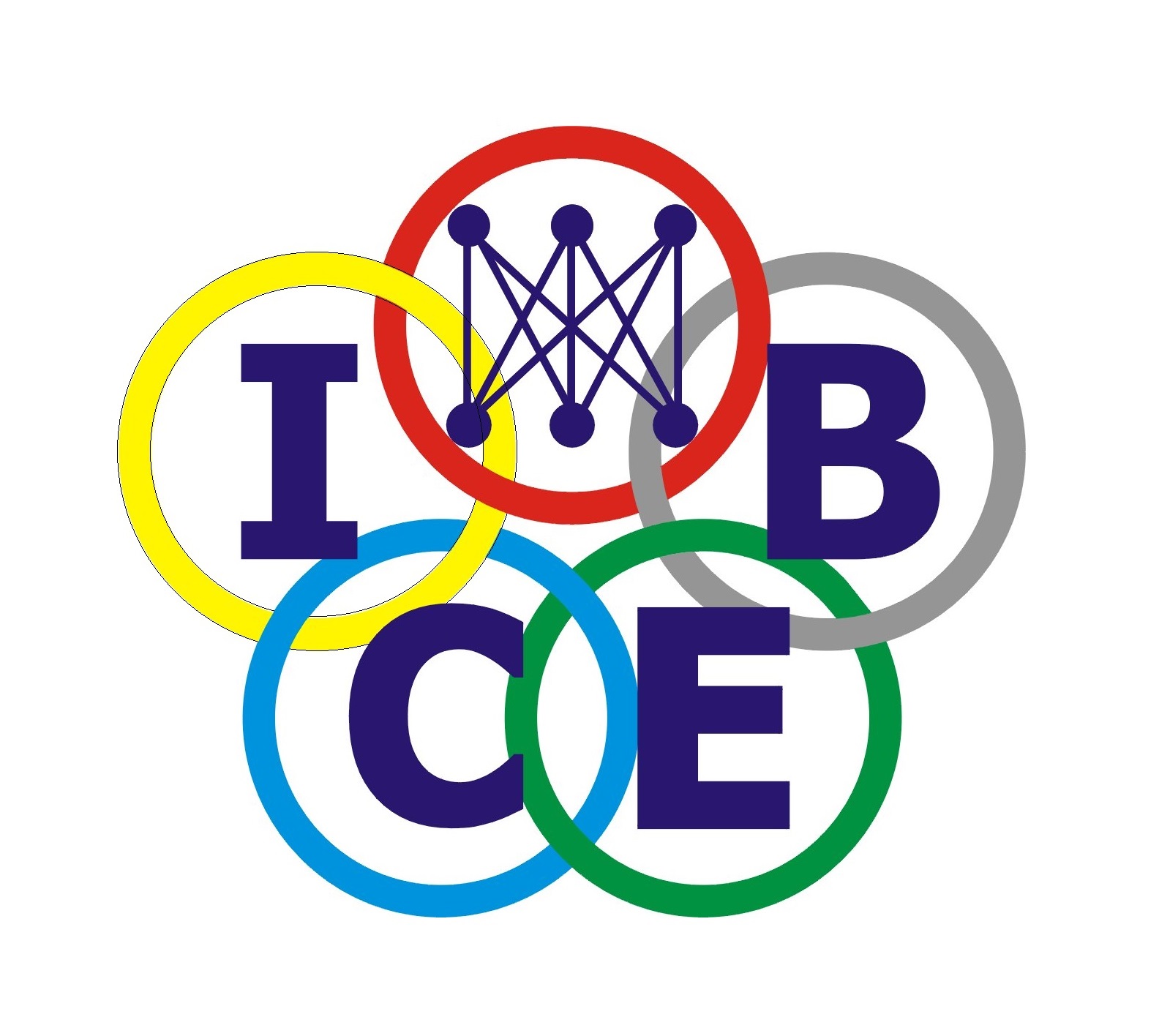Abstract
The primary goal of the present study is to provide a model for investigating consumer-related factors influencing blockchain acceptance in the context of voluntary use. In addition to the constructs of the technology acceptance model (TAM), three predictor constructs were proposed: subjective norm retained from the theory of reasoned action (TRA), compatibility drawn from the diffusion of innovation theory (DOI), and innovativeness taken from the technology readiness index (TRI). The model constructs were measured using the items validated previously in relevant literature and a five-point disagree-agree scale. Based on 169 valid online survey data collected from China, the results of PLS-SEM analysis showed that the basic TAM relationships (i.e., usefulness-intention and ease of use-intention) were well supported, whereas perceived ease of use was not associated with perceived usefulness significantly. Among the predictors, subjective norm was found to have no significant effect on perceived usefulness and intention to use, and the compatibility-intention and innovativeness-intention relationships were nonsignificant as well. However, both compatibility and innovativeness showed positive impacts on consumer intention to use blockchain, mediated by perceived usefulness and ease of use. Additionally, some discussions and suggestions are provided at the end.
Recommended Citation
Zeng, Meiling and Sai, Fuyume, "Factors affecting blockchain technology acceptance: An empirical study" (2024). ICEB 2024 Proceedings (Zhuhai, China). 51.
https://aisel.aisnet.org/iceb2024/51


